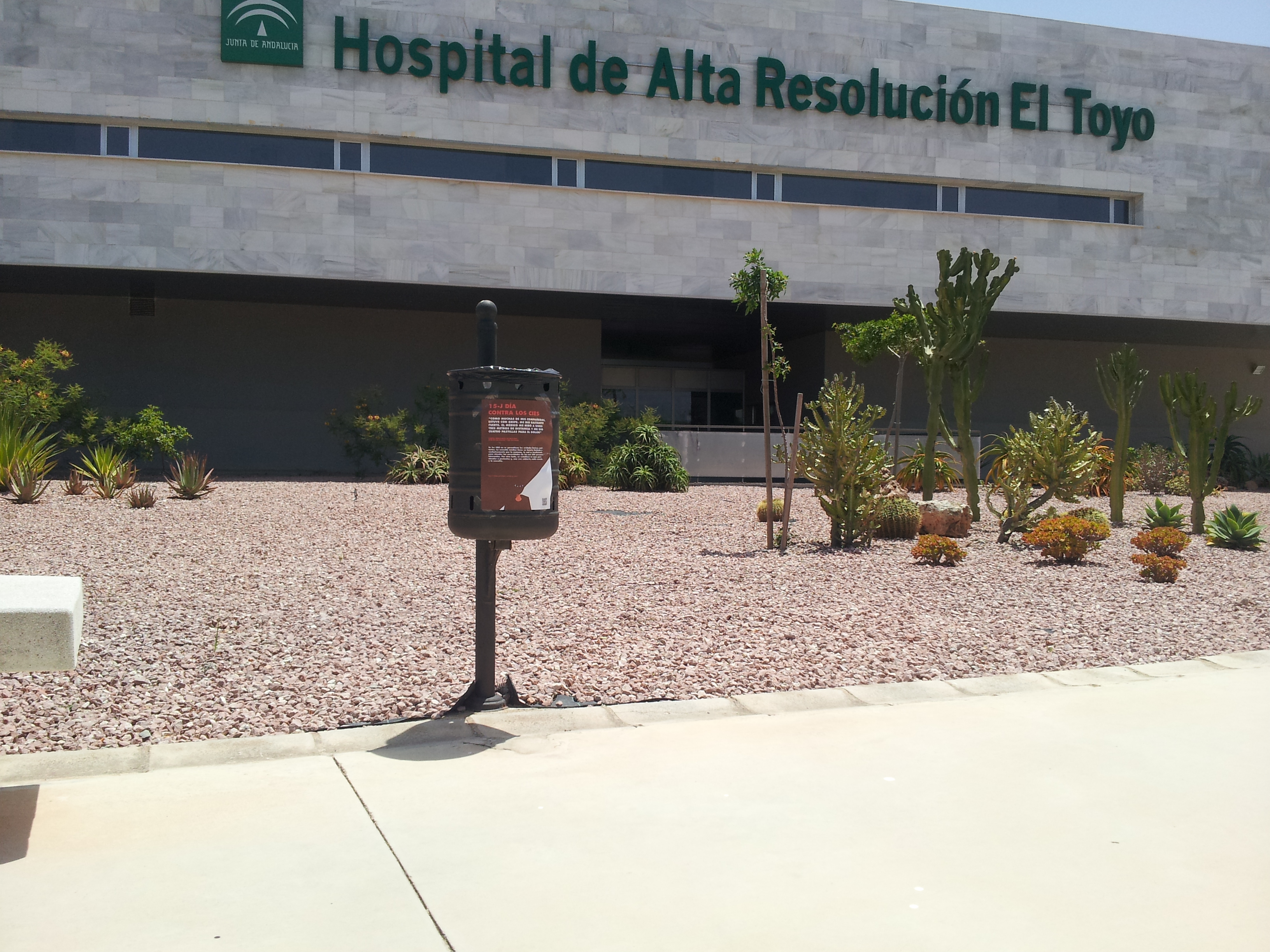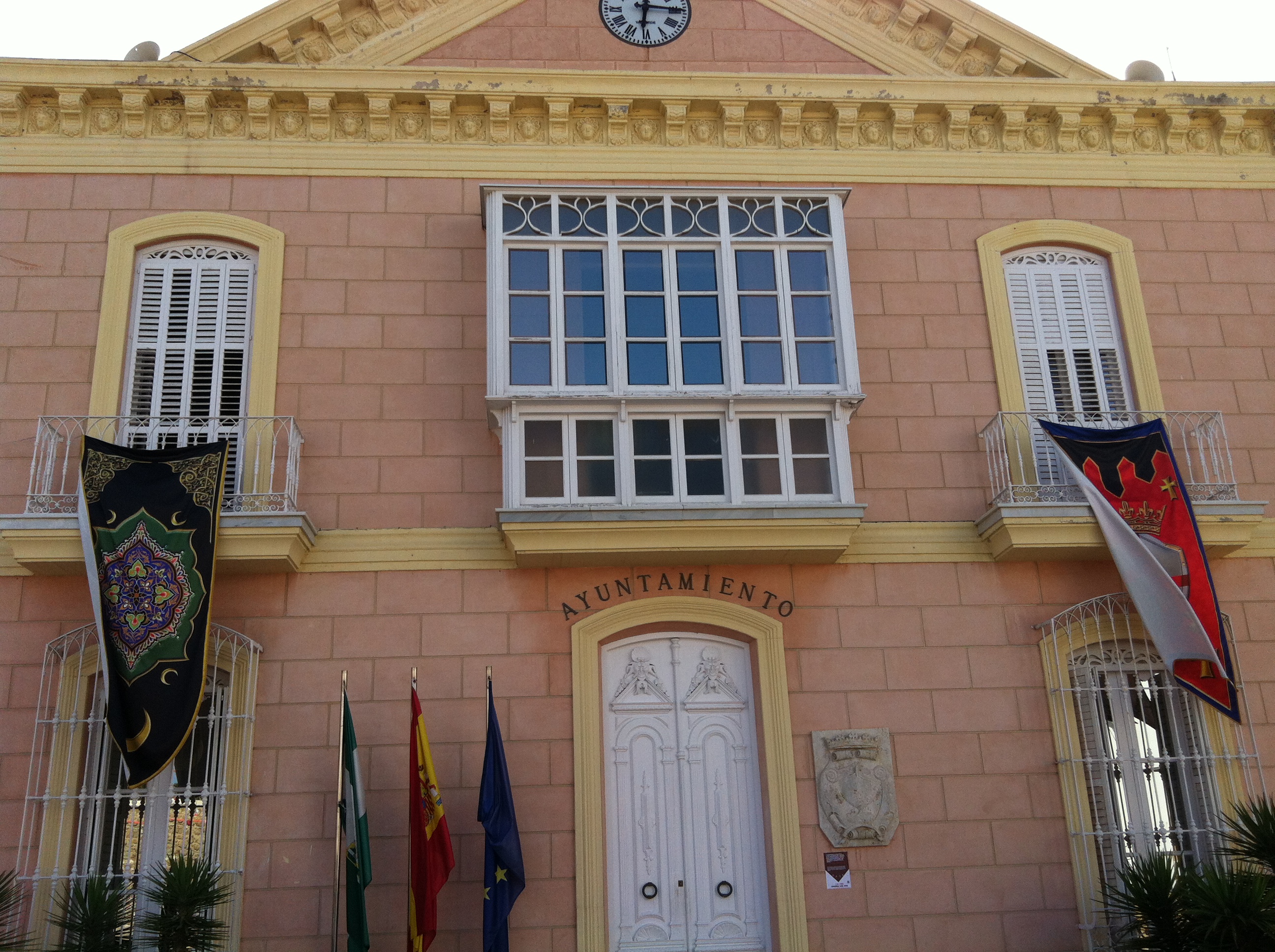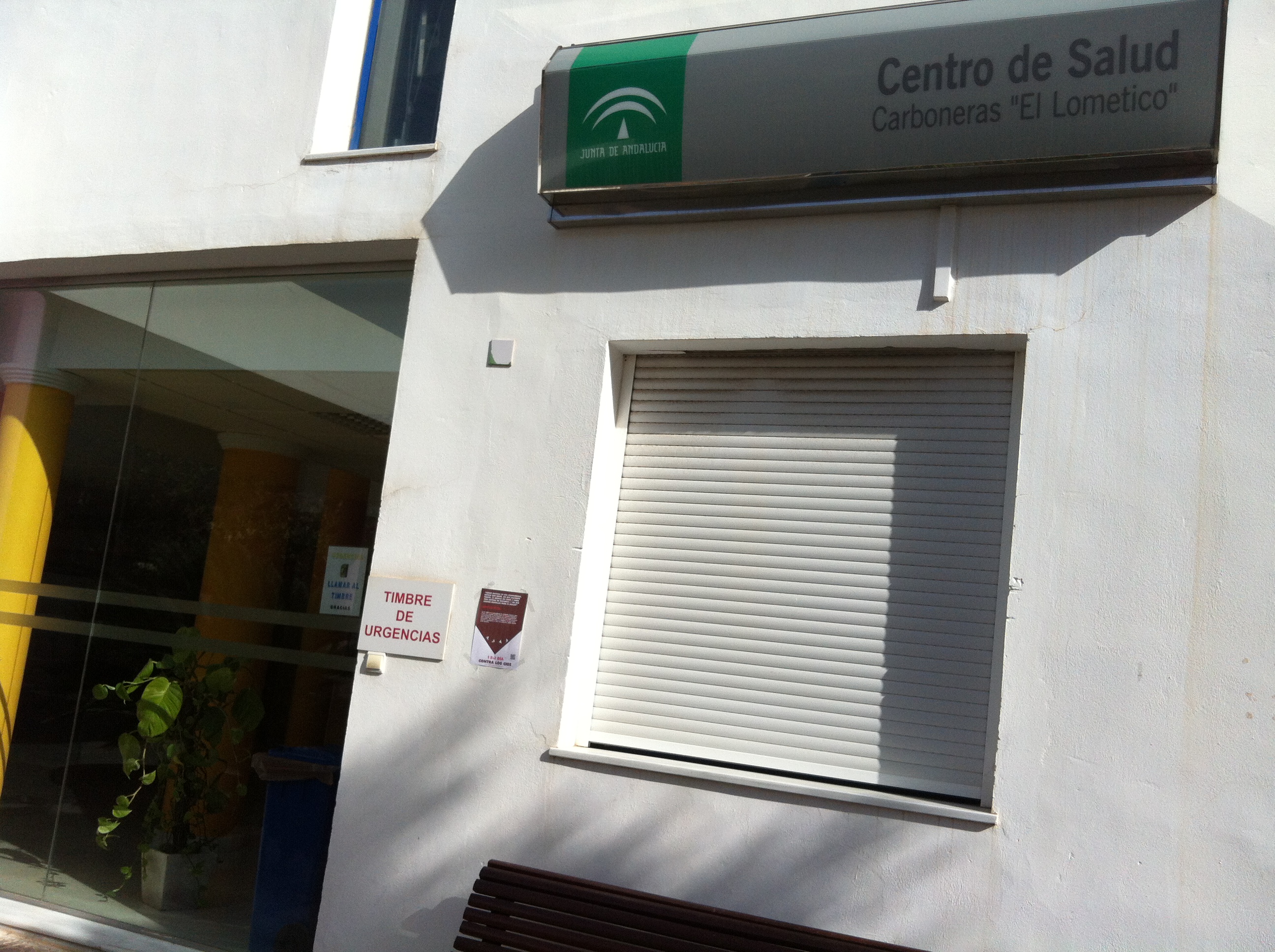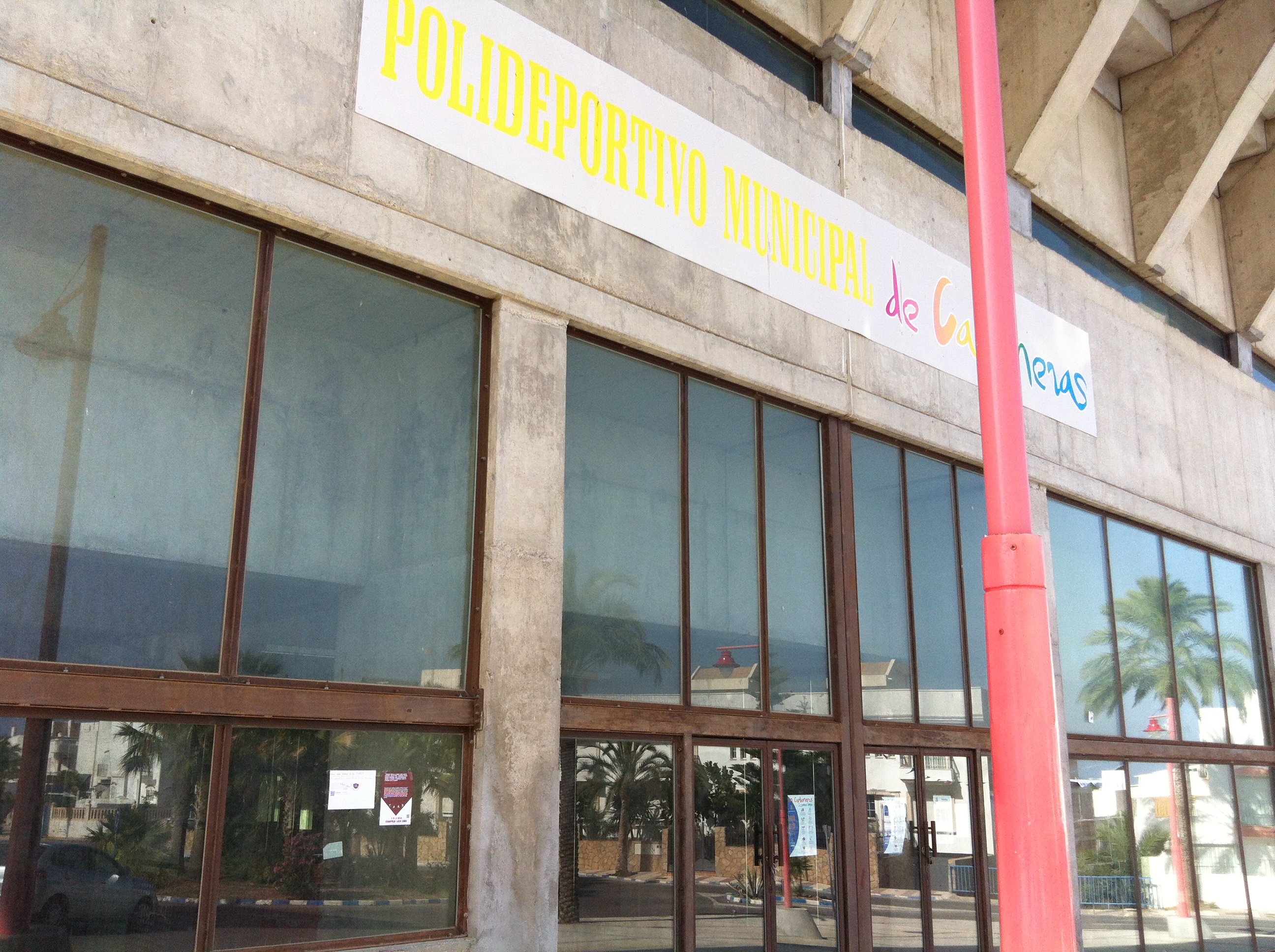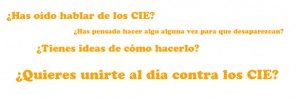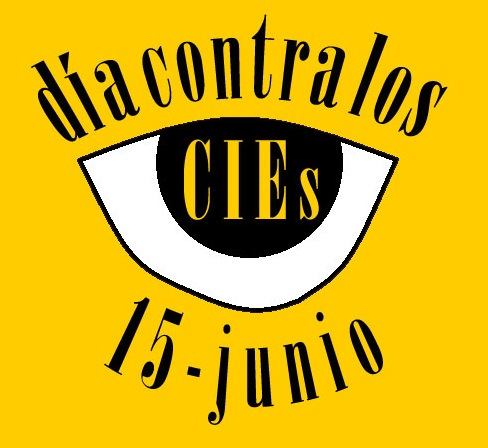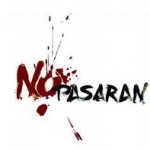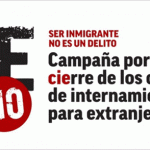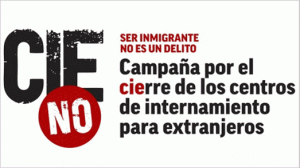
El Ministerio de Interior está encerrando en el CIE de Zapadores a embarazadas, mujeres lactantes y personas que tienen menores a su cargo, afectando a su salud e incrementando la vulnerabilidad de los niños y niñas que dependen de ellas. Estas personas, que han sido detenidas y encerradas por carecer de permiso de residencia, no cuentan con ningún tipo de atención especial acorde con su situación sino que tienen que someterse a las deficientes condiciones de vida del CIE que denuncian quienes tienen que sufrir esta reclusión. En los últimos meses hemos conocido los casos de dos embarazadas, una mujer que estaba dando el pecho a su bebé y dos personas con hijas de corta edad que dependen de ellas.
Hace aproximadamente un mes, una pareja fue detenida y en Zapadores fueron separados en las celdas destinadas a hombres y en las de mujeres. Ella estaba embarazada y de su cuidado se encargaron principalmente las internas ya que la única atención sanitaria que recibió fueron las visitas periódicas, en su horario laboral, al médico de la empresa privada contratada por el ministerio para atender en el CIE, según han explicado varias personas a integrantes de la Campaña por el Cierre de los Centros de Internamiento para Extranjeros. Su compañero, desesperado por la situación, se autolesionó cortándose en varias partes del cuerpo. Cuando lo trajeron de vuelta del hospital, donde le dieron varios puntos, lo metieron en una celda de aislamiento. Al día siguiente fueron expulsados los dos: él, con las heridas aún recientes y ella, en pleno periodo gestacional. Ni siquiera se molestaron en cumplir con la orden de noviembre de 2012 del juzgado de instrucción nº 3 de Valencia -que ejerce el control jurisdiccional sobre el CIE de Zapadores- que obliga a la dirección del CIE a avisar previamente a las personas que van a ser deportadas. A principios de abril, una mujer paraguaya embarazada de seis meses también fue recluida en el CIE y deportada
En las mismas fechas, una mujer boliviana que lleva varios años residiendo en España fue detenida en plena calle y se le separó de su hija de mes y medio, a quien estaba amamantando, argumentando que no estaba en condiciones de cuidar de ella. La policía dio parte del caso a la fiscalía de menores. Al ser encerrada en Zapadores, el bebé quedó a cargo de su padre, pero tuvieron que contratar a una mujer para que la cuidara y la llevara algunos días al CIE desde Gandia, donde vive la familia. En el horario de visitas de familiares, dependiendo del criterio del policía de turno, se permitía que el bebé pasara al lado de la mampara donde estaba la madre para que ésta la pudiera tener entre sus brazos los 10 minutos que duraba cada encuentro. El director del CIE se negó a que el bebé pudiera estar con la madre durante las dos horas establecidas para visitas de familiares. Hay que recordar que el juzgado de instrucción nº 3 ordenó en abril de 2011 que las mamparas existentes en la sala de visitas “no supongan un obstáculo para el contacto directo entre internos y visitantes”, pero la dirección del CIE se ha limitado a eliminar una pequeña rejilla por donde las personas únicamente pueden darse la mano. Finalmente, esta mujer, tras pasar 26 días encerrada y preocupada por el estado de salud de su hija a la que no había podido amamantar desde que ingresó en el CIE, fue puesta en libertad. Por su parte, la fiscalía de menores la consideró capaz de hacerse cargo de la niña y ha vuelto a su hogar con su familia, pero ya no puede dar pecho a su hija porque
se le cortó la leche mientras permanecía encerrada.
Además de estos casos, también hemos conocido la situación de varias personas que han sido recluidas e incluso expulsadas a pesar de tener hijos, nacidos en España, que estaban bajo su custodia. Hace varias semanas, una mujer fue expulsada a su país de origen mientras su niña, de 6 años, se quedaba en España; durante el tiempo que estuvo en Zapadores sólo pudo hablar por teléfono con su hija gracias a que otras personas internas le prestaban dinero para poder llamar. Desde el pasado 17 de abril permanece encerrado un hombre marroquí, que tiene una niña de 14 meses y cuya compañera está embarazada de cinco meses. Esta persona lleva casi cuatro años viviendo en España sin poder obtener el permiso de residencia porque nunca le hacen contrato en los trabajos que ha ejercido. Su compañera y su hija están malviviendo del subsidio de desempleo que se acaba en dos meses. Si finalmente le expulsan, ellas y el bebé que nacerá quedarán absolutamente desamparadas pues no tienen familia en España. La mujer acude diariamente a Zapadores con su bebé para visitar a su marido y tiene que presentar una instancia para que le dejen pasar la pequeña al otro lado de la mampara para que pueda abrazarla; ella sólo pude hablar con él a través del cristal.
Estas situaciones son una clara vulneración de los convenios internacionales de protección de la infancia y la familia, y, además, suponen el incumplimiento de las propias disposiciones del Ministerio del Interior que anunció que no se internarían en los CIE a inmigrantes que pudieran demostrar su arraigo social en España: no hay mayor arraigo que el hecho de que todas estas personas son o iban a ser madres o padres de niños y niñas españoles.
http://ciesno.wordpress.com/2013/05/18/interior-encierra-en-zapadores-a-mujeres-embarazadas-lactantes-y-personas-con-menores-a-su-cargo/

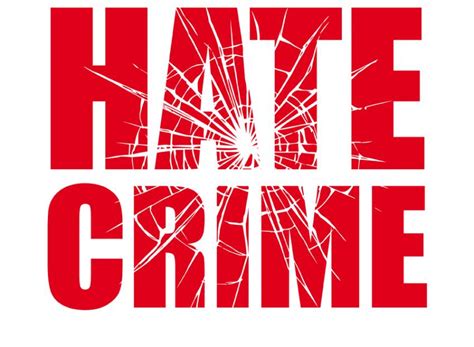
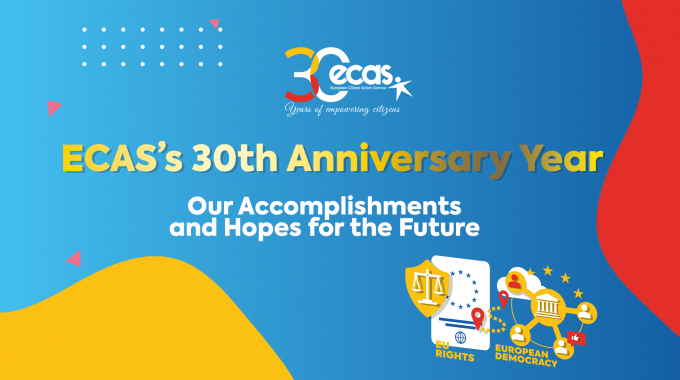

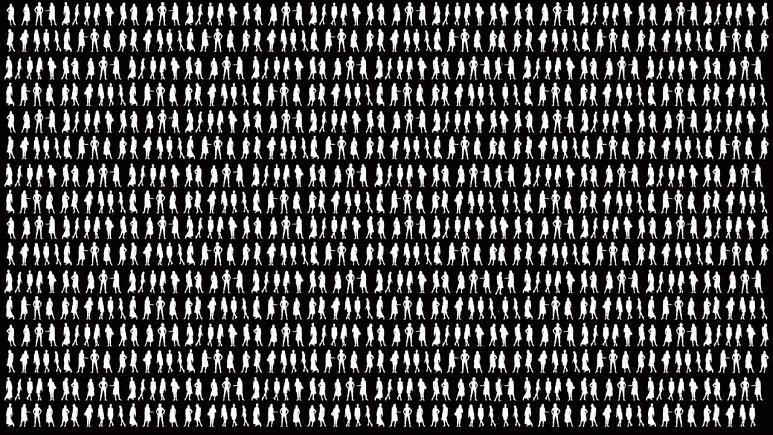
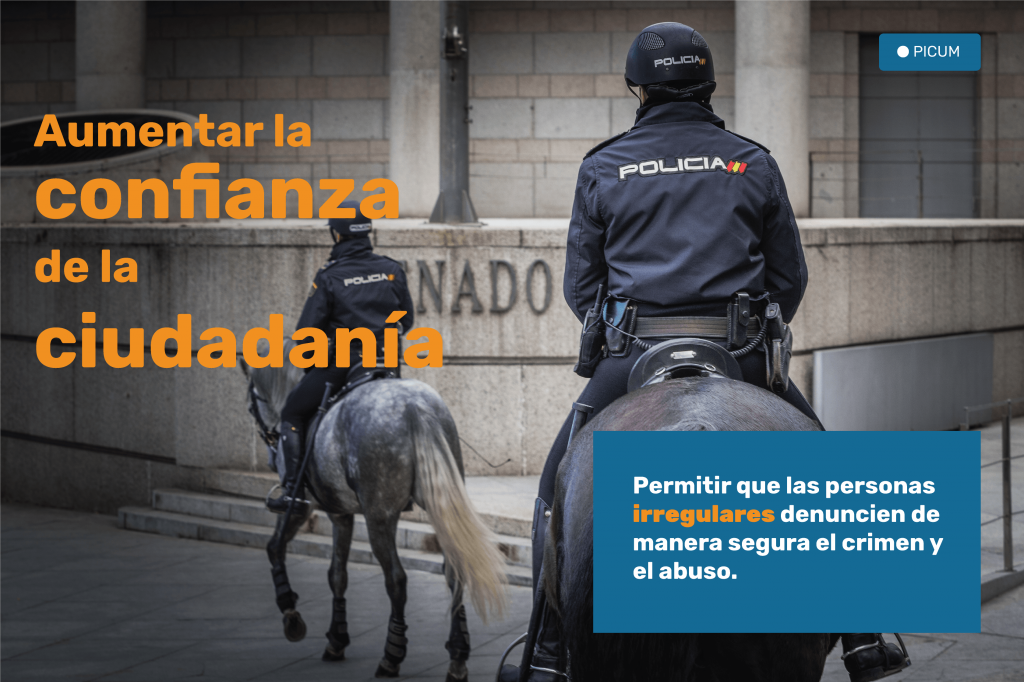
 June 19th, 2013
June 19th, 2013 


